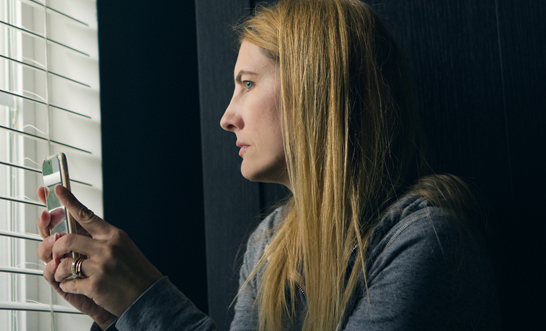Blog
Category: Parenting Matters

Family Reports in parenting proceedings
When you have parenting proceedings before the Court, the Court may decide (or the parties may agree) that the matter would benefit from the assistance of a social worker/psychologist or psychiatrist to undertake a forensic assessment of the family. The appointed person is referred to as the Single Expert Witness or Family Report Writer.
Read more

Arranging extra-curricular activities that may infringe on the other parent’s time with the child
We look at how making arrangements for your child’s extra-curricular activities can lead to conflict around parenting arrangements and the Court’s view about applications to deal with such conflict.
Read more

Pre-action procedures before commencing proceedings in the Family Court
Before you can take your family law dispute to court, you must fulfil certain “pre-action procedures” to show the courts you have made a genuine effort to resolve your dispute before commencing proceedings.
Read more

Can I secretly record my ex for family law proceedings?
If your communications with the other side start to get messy or out of control, sometimes there is panic and people can be tempted to covertly and secretly record conversations. It’s important to know that there are legal limitations as to whether those recordings can or will be considered in Court and whether they were legally taken at all.
Read more

Paternity tests to prove parentage in family law matters
A DNA paternity test can be performed where there is a dispute about who the child’s parents are. Most commonly, disputes can arise about who the father is in the context of child support. However, it is also common to see an application for DNA paternity testing in family law proceedings where a party is seeking to spend time with a child.
Read more

The effect of family violence orders on parenting orders
With parenting disputes that end up in Court, the Court will take into consideration any family violence orders to ensure it makes safe, reasonable, and effective parenting orders. In this article, we explore family law matters where family violence orders intersect with parenting orders.
Read more

Parental rights of sperm donors
In Australia, there is a common misunderstanding that sperm donors will automatically not hold any parental rights to a child born using artificial conception. While this may be the case in some circumstances, in other situations, a sperm donor may be ruled the legal father of a child born through his donation.
Read more

What if my child refuses to see the other parent?
When parents separate, it’s not uncommon for children to express how they are feeling through their behaviour. Sometimes this can cause issues during child handover times. So, what should you do if you child is kicking or screaming as they refuse to spend time with the other parent?
Read more

Major changes to the Family Law Act from October 2023
On 19 October 2023, amendments to the Family Law Act 1975 passed through the Federal Parliament with ease. The Federal Government believes that these changes will ensure that the family law system is “accessible, safer, simpler to use, and delivers justice and fairness”.
Read more

Parental alienation and family law in Australia
Unfortunately, after parents separate, sometimes children are exposed to their parents’ conflict. Whilst most children will maintain good and positive relationships with both parents, a percentage may become estranged from one parent. In extreme cases, a parent might attempt to form a wedge in the relationship between their child and the other parent. This is known as ‘parental alienation’.
Read more

What is child inclusive family dispute resolution?
Child-inclusive Family Dispute Resolution is a tailored form of mediation used in family law parenting disputes. Child-inclusive FDR aims to find the child’s voice through a process of developmental consultation and therapeutic conversation with a person called a “child consultant”.
Read more

Family law disputes involving religion
It is unsurprising that some separating parents may have different approaches to their child’s religious upbringing. So, what happens if a dispute arises over what religion to raise your children in following separation?
Read more
